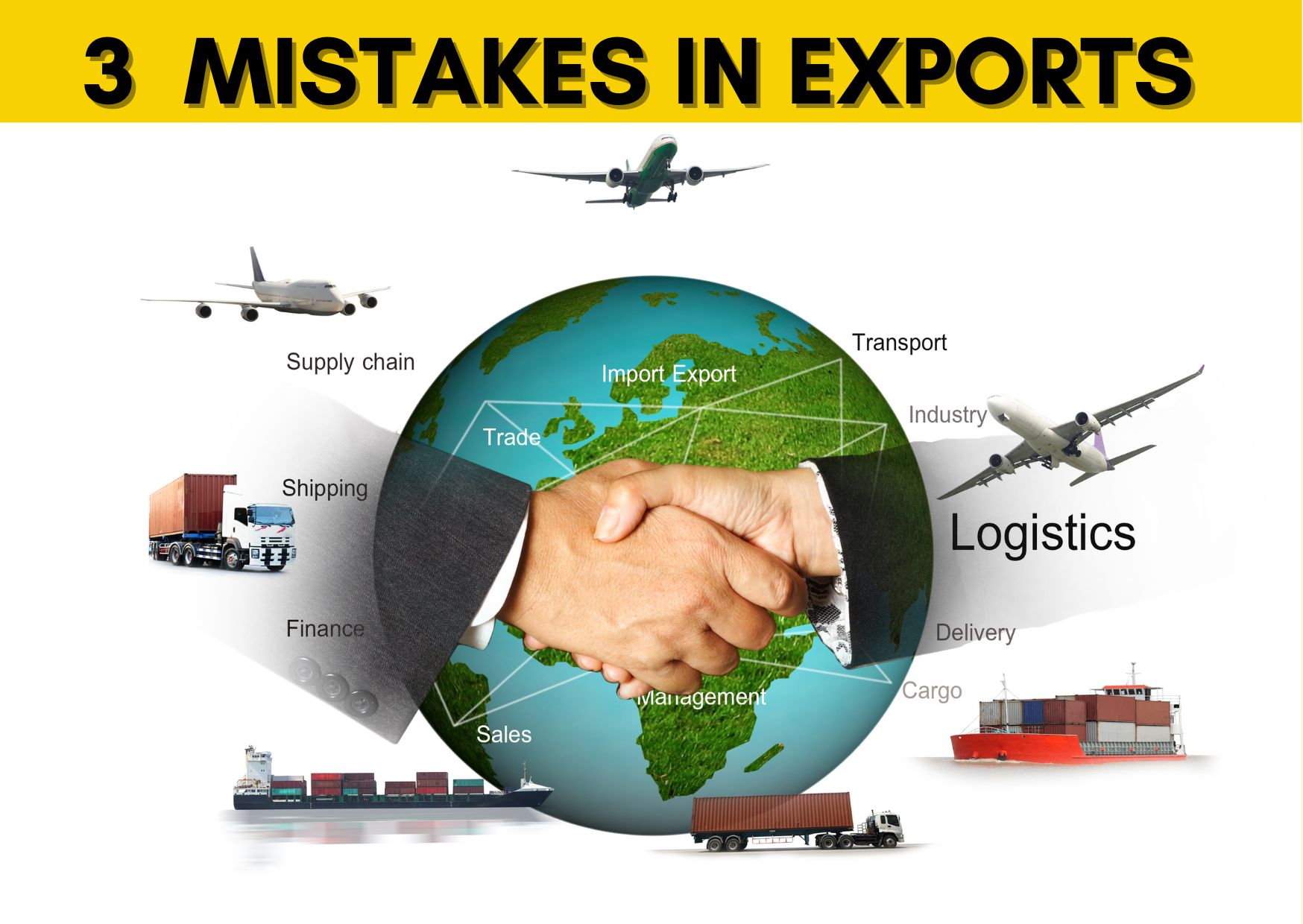
3 Mistakes in Exports
Incorrect Packaging and Labeling: One of the most common mistake is to presume that what sells in the home country will sell on foreign shores. Therefore often new exporters and importers send shipments with incorrect packaging and labeling. The packaging should fully comply with the regulations of the destination country, which may include specific labeling requirements, warning labels, and symbols. For example, Cigarettes in Europe need 10:1:10 norm . Similarly, Beauty brands for Europe need to list cosmetic ingredients on labels following the INCI nomenclature . In #food , for example, Sri Lanka law requires packaged items to highlight Sugar level with red label ( higher than 22 grams ). Similarly, UAE mandates that food ingredients to be in #arabic language .
Lack of Proper Documentation: I won’t be wrong if I say global business works more on documents & less on goods. The shipping and handling goods across international borders first require numerous regulatory, madatiry ,commercial, legal documents and certificates, such as bill of lading, commercial invoice, packing list, COO,AIFTA ,Phyto,health etc to name a few ! Failing to provide the correct documents can result in delays, fines, and even the rejection of the shipment at the destination port.
Failure to obtain mandatory permissions: Different products require multiple permits and licenses, depending on the country of origin and destination. Failing to obtain the necessary permits and licenses by the importer can result in the shipment being held up or even seized by customs officials. For example, Nigeria & Uganda requires mandatory pre-shipment inspection for food items before shipment. Saudi Arabia has its own set of regulatory compliances ! Compliance with regulations includes adhering to trade sanctions, #tariffs, #quotas, and other restrictions should always be checked before starting any new market. Many companies faced penalties when unknowingly they violated swift mechanism while dealing with Iran during sanctions.
International business needs a high level of compliance with documents. Ensure that you follow the exim laws properly and save your company from unnecessary charges and penalties. #legal #law #startups #compliance #food #shipping #business #graphic #nigerianbusiness #packaging #europe #cigarette #exportimport #exporters # #saudiarabia #uae #beauty #health #label #language #ficci #fieo #globalbrands #nigeria #africanbusiness #foodexport #foodexpo
